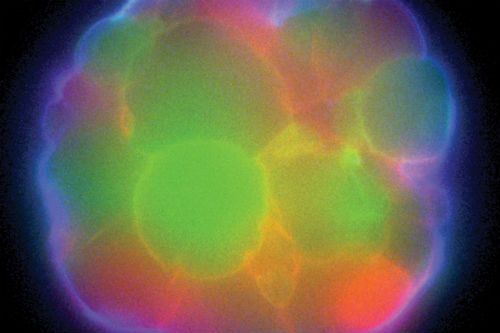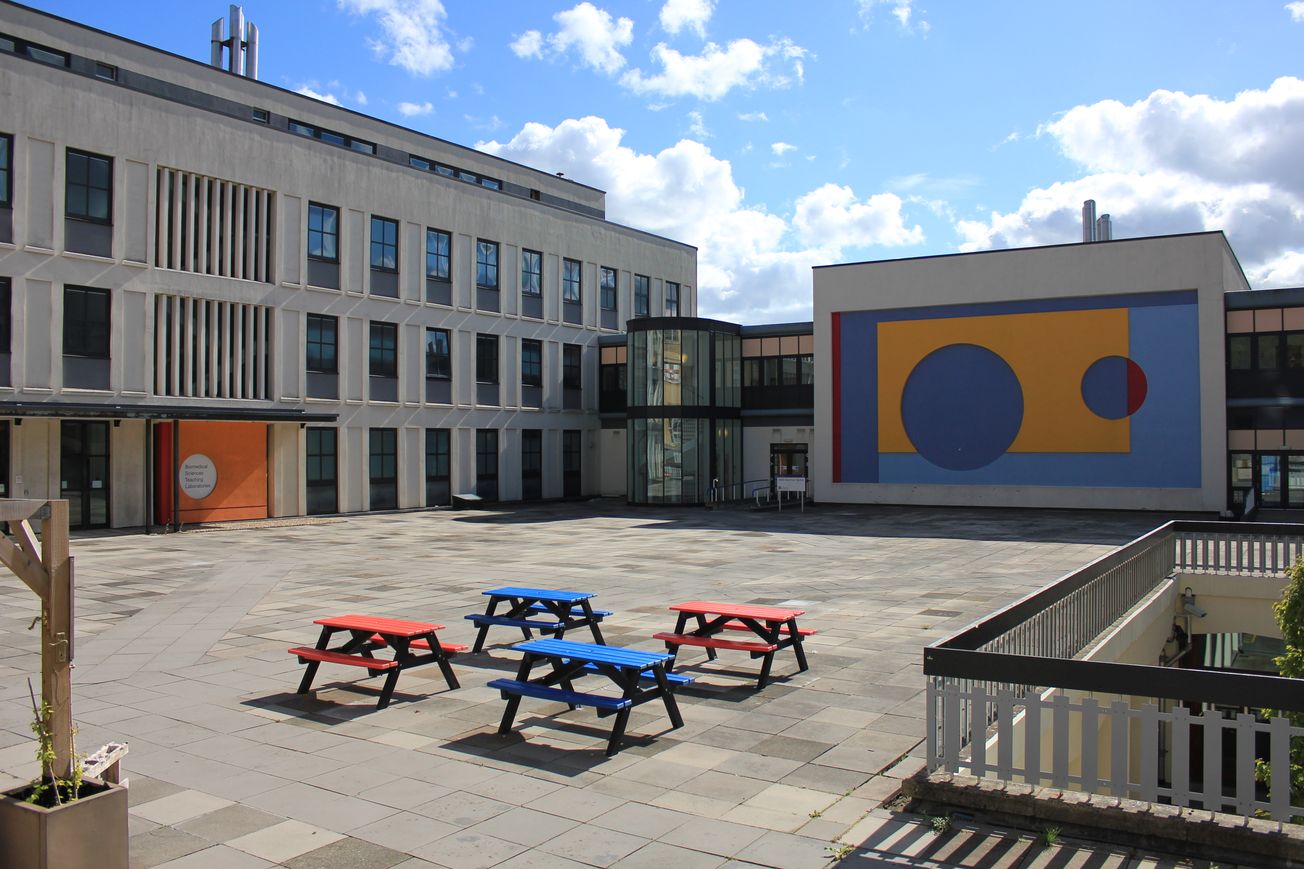By Anastasia Gurskaya, Third year, Biochemistry
The EPSRC New Investigator Award worth £392,000 was granted to the Vice Chancellor’s Fellow Dr Pierangelo Gobbo to boost his research on protocellular materials.
The New Investigator Award scheme supports individuals who hold an academic lectureship position, have not previously led an academic research group or been the recipient of a significant grant. It is a great opportunity for budding group leaders.
Dr Gobbo shared his thoughts with Epigram: 'This is probably the most exciting time in my career because I have the chance to start my own independent research and research group, as part of my Vice-Chancellor’s Fellowship - a fantastic scheme recently developed at the University of Bristol. The EPSRC New Investigator Award now allows me to burst my research and gain a critical mass for my laboratory.'
The Gobbo Group is a part of the School of Chemistry and its research is at the interface of physical-organic chemistry, materials chemistry, and synthetic biology, focusing on the synthesis of novel functional polymers, biopolymers and nanomaterials. At the moment the two main projects they have going on are machine-learning polymer design, and generation of protocells that can self-assemble into tissue-like materials called protocellular materials. The EPSRC New Investigator Award was granted to support the work on the later.
Studying programmable chain reactions in synthetic cell-like structures #protocells. Research by @PierangeloGobbo @BristolChem @MarcellaBonchio @UniPadova @DiSC_UniPD et al in @NatureComms. Read more on https://t.co/09JCwnZQMU with @MRC_LMS and @DrJohnAnkers pic.twitter.com/53L1VhZ836
— BPoD (@BPoD_mrc) February 4, 2020
Protocells are self-organized, micro-compartmentalised structures formed using only a limited toolbox of molecules, materials, and chemical reactions, that nevertheless display certain characteristics of a living cell. The field of bottom-up synthetic biology endeavours to construct protocells in order to better study how the non-living becomes alive.
Dr Gobbo has high hopes for the emerging field of bottom-up synthetic biology, which he became interested in after completing his PhD at the University of Western Ontario in Canada, where he worked to develop novel nanomaterials capable of reacting through a certain extremely efficient class of chemical reactions.
| Diagnostic blood tests could be brain tumour treatment game-changers
He joined Professor Stephen Mann’s research group at the University of Bristol and, in 2018, published a paper where, using the same chemistry, he pioneered a route to the co-assembly of adhesive protocells into small spheroids capable of a thermally induced contractile behaviour.
Dr Gobbo comments: 'This work has certainly set a strong base for my current research, which is now taking a different direction and aims to open new frontiers in biomaterials science and bottom-up synthetic biology by pioneering scientific advancements towards the spatial organisation of millions of protocells into protocellular materials.'

The protocellular materials are promising since with protocells as building blocks it would be possible to generate unprecedented adaptive and autonomous forms of biomaterials capable of emulating living tissues. The research at the Gobbo Group aims to develop the first chemical reactions and experimental methodologies that would enable millions of protocells to organise into self-standing protocellular materials that are stable in water, are highly modular and adaptable.
| Emmy Noether: the greatest mathematician you've never heard of
Among other things, the group works on pioneering new adhesive synthetic protocell membranes, investigating collective behaviours within protocellular materials and developing technologies for the assembly of protocellular materials with high spatio-temporal resolution.
Such research can have practical applications in biomedical engineering, personalised therapy, micro-bioreactor technologies, wastewater treatment and energy related applications. It is clear that protocellular materials hold a lot of potential, and although the Gobbo Group is just starting out it will continue to grow and in future their efforts will no doubt amount for some truly remarkable results.
Featured image: Epigram / Cameron Scheijde
Want to write about your research? Get in touch!









